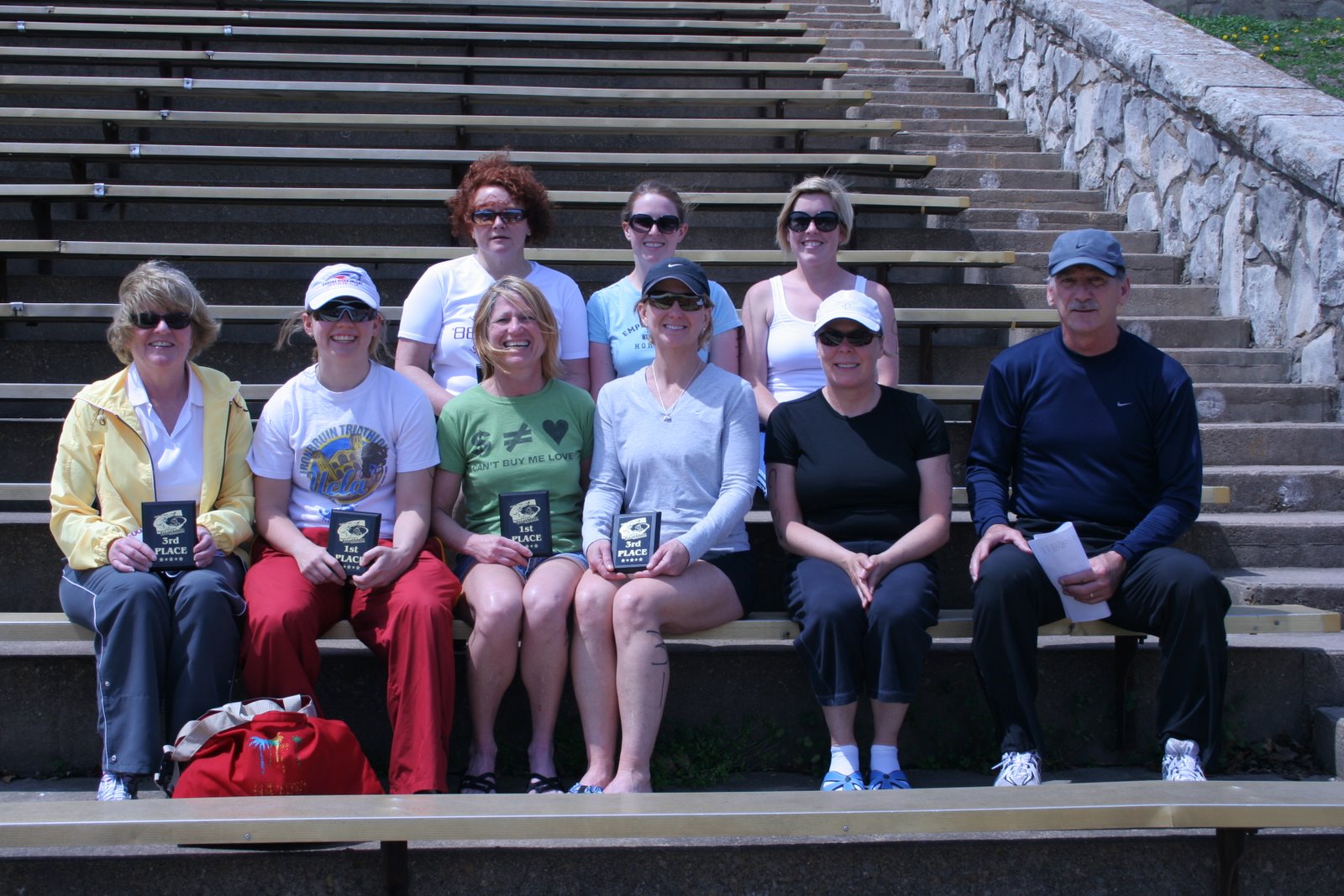 |
| Friends are a nice thing to have. |
I want to immerse myself in triathlon.
I'm re-booting my fitness regime. I have big races on the horizon. In 2015, I'll turn 30. Five months before I do, I plan to complete my first Ironman in Zurich, Switzerland. To prepare, I plan to do two half-distance races this year.
I feel excited to train and race again. And I want to re-engage in the online triathlon community.
The problem is, I don't know how! I used to go to Trifuel frequently, and I've used Ontri, Buckeye Outdoors, and Beginner Triathlete to log my training. But all of those sites seem less popular and less active than they used to be. Most of the triathlete blogs I used to follow haven't been updated since . . . well, since I last updated mine. I feel like Tom Hanks in "Sleepless in Seattle," completely clueless about how to date women in the '90s ("When was the last time you were out there?" "Uh, Jimmy Carter? 1978.") Where do triathletes go to hang out online, now?!
Can anyone help me out? Where do you hang out with other triathletes?
